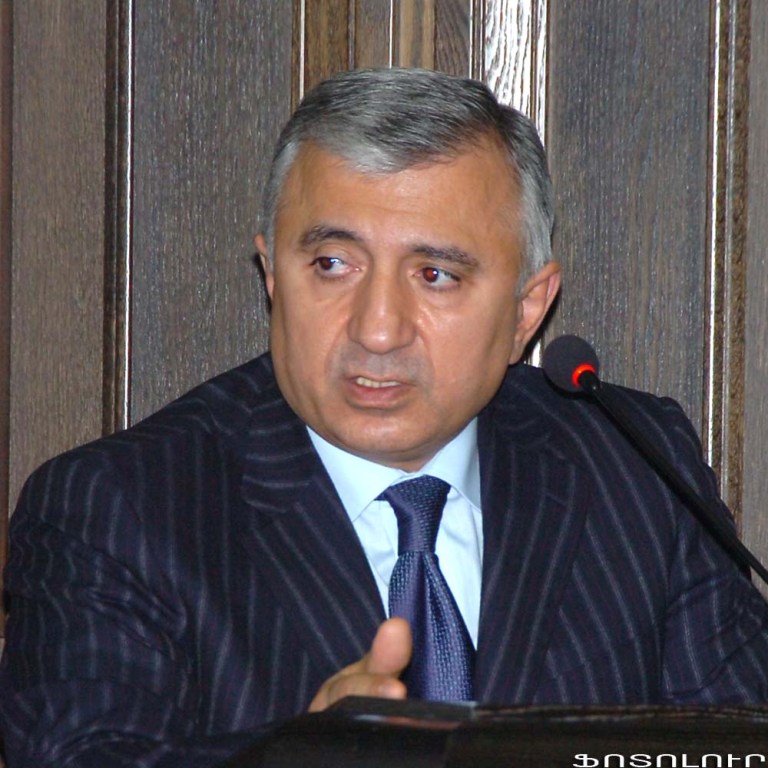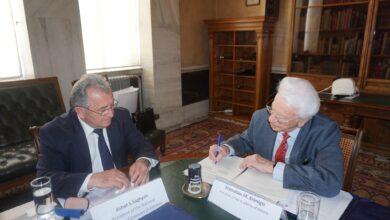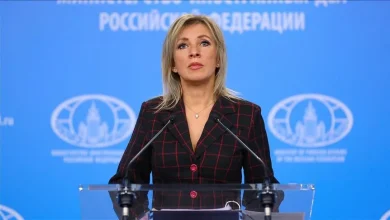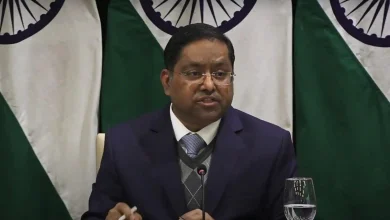
Lusine Vasilyan
“Radiolur”
It’s necessary to review the emphasizes on the path towards recognition of the Armenian Genocide, Adviser at the Constitutional Court, ex-Minister of Justice Gevorg Danielyan told reporters today.
He believes a stronger emphasis should be placed on the legal aspect of the issue, on the judicial acts the Turkish Court adopted at the turn of the 20th century.
After the conclusion of the Treaty of Mudros in 1918, Turkey launched forced judicial proceedings, trying to call to account the leaders of Young Turks for drawing the Ottoman Empire into war and organizing the mass killing of Armenians.
The culprits were high-ranking party and state leaders. The verdict on the crimes of Young Turks was announced on July 15, 1919. Four out of 31 criminals – Minister of Interior Affairs Talaat Pasha, Minister of War Enver Pasha, Minister of the Marine Cemal Pasha and member of the Committee of Union and Progress Nazim – were sentenced in absentia, as they had fled Turkey at the time.
The other 27 suspects were sentenced to different terms in prison, others were justified because of lack of evidence.
According to Gevorg Danielyan, the trial of Young Turks is one of those unique and indisputable legal documents, which proves the genocide organized and perpetrated against the Armenian nation on the state level.
“Unfortunately, when speaking about the issue of Genocide recognition, we are more inclined to present historic documents, forgetting that the legal acts are the most pivotal evidences,” he said.
Why does the world unequivocally accept the Holocaust, while it has doubts concerning the Armenian Genocide?
“The evidences of the Nuremberg Trial are considered evidences of the Holocaust. What’s vulnerable in our policy is that we do not raise the issue that there have been judicial acts connected with the Armenian Genocide,” the ex-Minister said. Furthermore, they were adopted by the Turkish Court immediately after the genocide, he added.
Today Turkey is doing its best to prevent the judicial acts condemning the genocide crimes from becoming a topic of discussion and is insisting that those were adopted under international pressure.
These, according to Danielyan, are not strong arguments and cannot have essential importance. These acts have never been questioned, which means they have legal force. The fact that the Turkish authorities released the prisoners under amnesty a few years latter does not change the core of the issue, either, because the Turkish authorities granted pardon but never appealed the verdict.
Gevorg Danielyan has undertaken the research of those judicial acts and archive materials. He has prepared thematic programs for presenting the results of the studies to intentional courts, organizations and parliaments of foreign countries.








